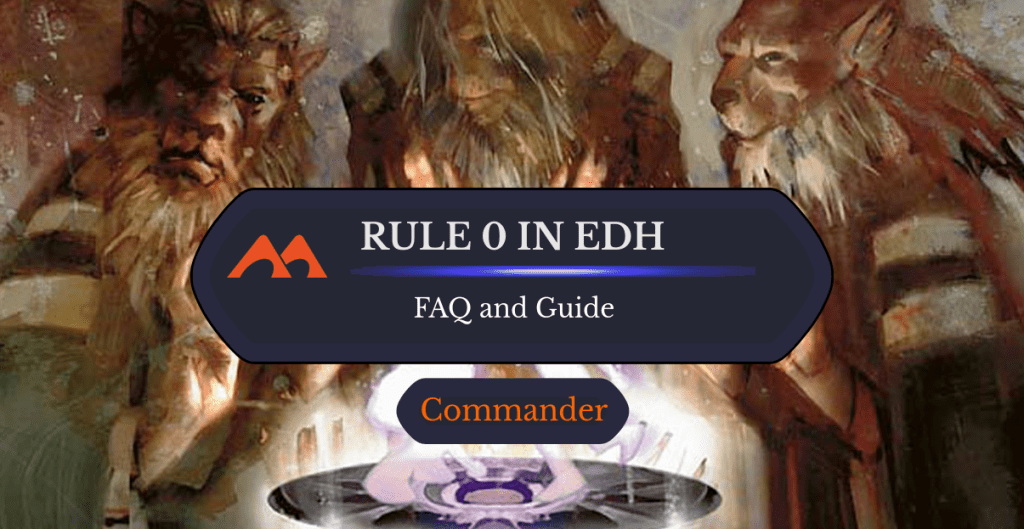
Rule of Law | Illustration by Scott M. Fischer
I have one question for you: do you play doubles in Uno? Some people swear that you can play as many cards of the same number all at once, while others are adamant that there’s a one-card-per-turn limit.
We all vaguely know how to play Uno, but different groups of people grew up with different sets of rules. Instead of letting Uno be the friendship-ender we know it can be, imagine if players had a way to discuss the rules they play with before the game even begins.
This pre-game discussion is what lies at the heart of “Rule 0” in Magic and gives players a way to enjoy Commander the way they want to. Let’s talk about that!
What Is Rule 0 in Commander?
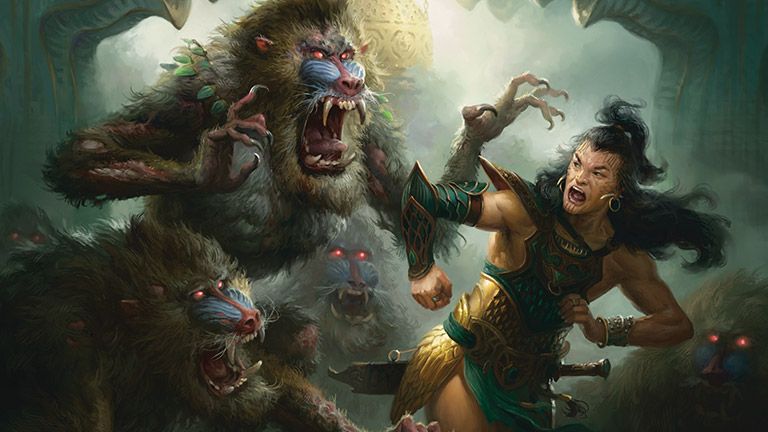
Mob Rule | Illustration by Jakub Kasper
Rule 0 is an unofficial rule in Commander that allows players to modify the rules of a non-competitive game. The catch? Everyone who’s participating has to agree to the changes before the game begins. If you’re familiar with the term “house rules,” it’s the same concept.
The exact definition of Rule 0 in Magic has changed over the years, but it basically states that you can make exceptions to the official rules with the approval of all other players involved. Examples of this can range from using a non-legendary creature as your commander to playing with banned or silver-bordered cards.
Why Is It Called Rule 0?
Rule 0 gets its name from the idea that it precedes all other rules in the game. It’s common for rulebooks and instruction manuals to list their rules numerically starting with Rule #1. “Rule 0” theoretically exists before all other rules and lets you know that everything that follows can be modified if players wish to do so.
The phrase “rule 0” has been used in tabletop gaming for a while, usually in reference to role-playing games like Dungeons & Dragons. These games have established rules and manuals, but players often like to deviate from the exact rules, either adding their own rules or removing ones they don’t like. Personal enjoyment and fun are the top priority in any game, and having a “rule 0” mindset allows players to maximize their enjoyment of the game.
Why Is Rule 0 Important?
Rule 0 helps maintain the casual approach to Magic that Commander was initially designed for. Yes, competitive EDH (cEDH) exists, but Commander is fundamentally a casual format where self-expression and enjoyment take precedence over winning at all costs.
This rule allows players to engage with Magic in the way that brings them the most enjoyment. Assuming all players agree on the rules ahead of time, they can ignore rules that detract from the enjoyment of the game and even add new ones that make the EDH experience more fun for them.
Rule 0 for Different Play Groups
Just like with Uno, casual Commander players might apply Rule 0 with their friends differently than you or I do with our own playgroups. If you have a new player joining your match, or you’re the newbie in another pod, it’s essential to have a pre-game Rule 0 discussion if you intend to play with modified rules.
There’s an unwritten social contract between Commander players, and the bottom line is this: if even one player isn’t okay with your Rule 0 proposal, you should accept that and play by the official rules. Either everyone agrees, or the game gets played as normal.
If someone presents a Rule 0 recommendation that you’re not okay with, a voice that to the playgroup. Likewise, if you came up with a deck intending to tweak the rules a bit, let the table know, and play something else if the group’s not into it.
From my experience, most Rule 0 conversations come from players who are genuinely trying a fun or cool interaction that doesn’t exactly comply with the official rules. These changes usually result in entertaining games for me and my opponents.
Examples of Rule 0 Discussions
To give you an idea of how to approach a Rule 0 conversation, here are some examples I’ve encountered in my time as a Commander player:
- “Is it ok if I play Genju of the Realm as my commander? If the land its enchanting deals combat damage, can we count that as commander damage?”
- “Do we all agree to wait until at least turn 3 to play our Sol Rings?”
- “I’ve got a cool Food-themed deck, does anyone mind if I partner Asmoranomardicadaistinaculdacar with Gyome, Master Chef?”
- “I have proxies in my deck, any issues with that?”
- “Does anyone have a problem with silver-border or acorn-stamped cards?”
- “We’re trying out some No-Banlist EDH decks, any objections?”
Rule 0 in Other Games vs. Magic
Rule 0 is commonly associated with Dungeons & Dragons. The tabletop RPG uses the same concept (EN: D&D does have a Rule 0, but it’s actually different than it is in Magic and basically boils down to “the GM is in charge.” D&D’s version of Magic’s Rule 0 are called homebrew rules.) and allows D&D players to modify official rules to their playgroup’s liking. This can be especially useful for the Dungeon Master, who organizes and maintains the game, and makes the creative decisions that other players will be engaging with.
Poker is another popular card game that sometimes operates with Rule 0 in mind. Of course, the rules are firmly set in stone if you’re at the World Poker Tour or betting at a Las Vegas casino. But it’s not uncommon for people to host poker game nights and agree to some “house rules” before the cards get dealt.
Downsides of Rule 0
Transitioning to Competitive Play
Rule 0 exists exclusively for casual games and has no bearing in a competitive setting. It’s possible for a player to learn the game from friends who play with slight rules adjustments and engage with the game thinking those are the intended rules. That same player could potentially clash with the sanctioned rules of the game if they find themselves in a competitive Magic event.
An example of this would be using banned cards in an EDH tournament. If a newer player was always allowed to play with banned cards thanks to some Rule 0 agreement in their usual playgroup, they could accidentally bring their deck with illegal cards to a competitive setting without knowing that those cards are banned.
If you’re part of a playgroup with players that are newer to the game and you play with different rules, make sure that everyone knows what rules are official, and which ones are part of your pod’s Rule 0 agreement.
Inconsistency
Rule 0 could also lead to some confusion or inconsistencies across playgroups. Your usual group of friends might be okay with your custom cards and proxies, but that acceptance doesn’t always translate to other playgroups. Some players aren’t okay with playing against proxies, custom cards, silver-border cards, etc., and the onus is on you to abide by the official rules if someone rejects a Rule 0 proposal.
My closest playgroup has a “turn-3 Sol Ring” rule that we play amongst ourselves. We all agree to wait for at least three turns to deploy fast mana, and we’re satisfied with the way this slows down the game. But we can’t expect new players to automatically adopt this rule, so we ask about it before the game starts. Either the new player accepts the rule or prefers to play as normal, and we abide by what they want.
So, Do You Play Doubles?
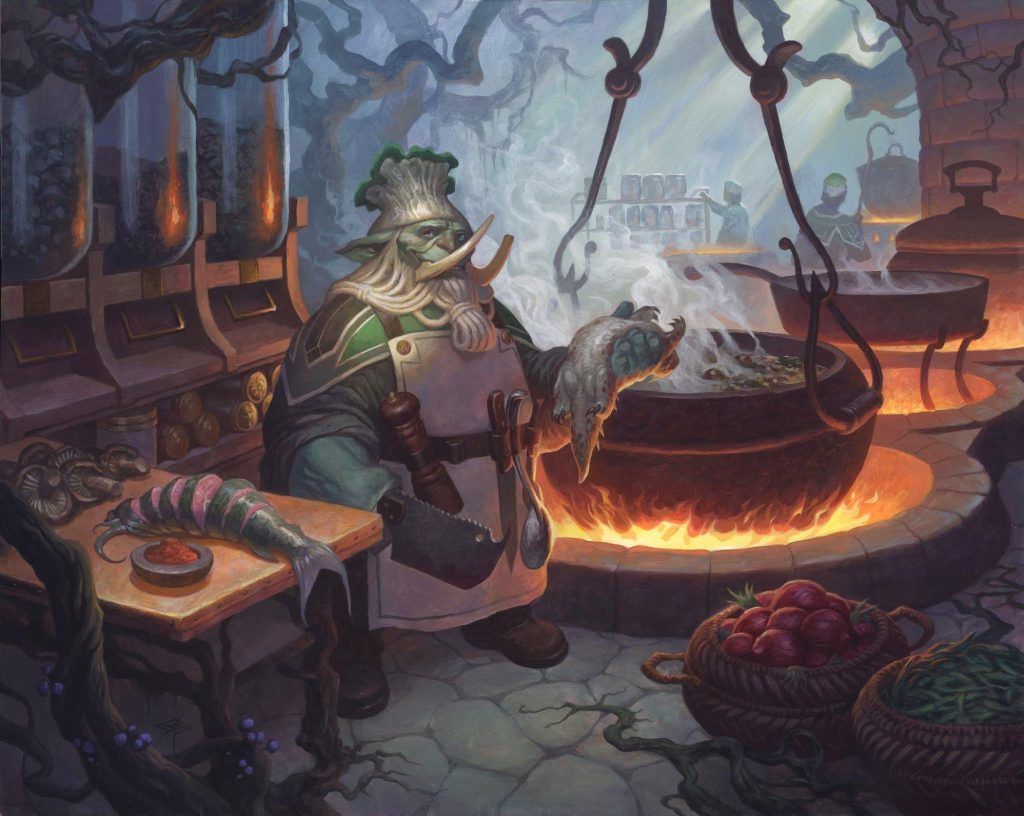
Gyome, Master Chef | Illustration by Steve Prescott
Growing up, one of my family’s go-to Friday night board games was Monopoly. We all knew the rules; roll doubles to leave jail, pass GO collect $200, winner cleans up. We also treated the “Free Parking” space as a stress-free safe spot where nothing bad could happen.
Fast forward 10 years to me playing Monopoly with a friend group. Imagine my surprise when they all agree that landing on “Free Parking” rewards you with all the tax money people paid that game. That single space changed from a safe zone with my family to the best possible spot to land on board. These individual playgroups had different rules for certain aspects of the game that we had to establish before the game even started.
Uno, Monopoly, Magic: the Gathering… whatever the game, Rule 0 allows players flexibility in how they play and gives Commander players in particular some creative liberties to enjoy the game as they see fit. If you have any Rule 0 changes that you make with your usual playgroup, let me know in the comments below or over in the Draftsim Discord.
Thank you for making Draftsim your #1 stop for all things Magic!
Follow Draftsim for awesome articles and set updates: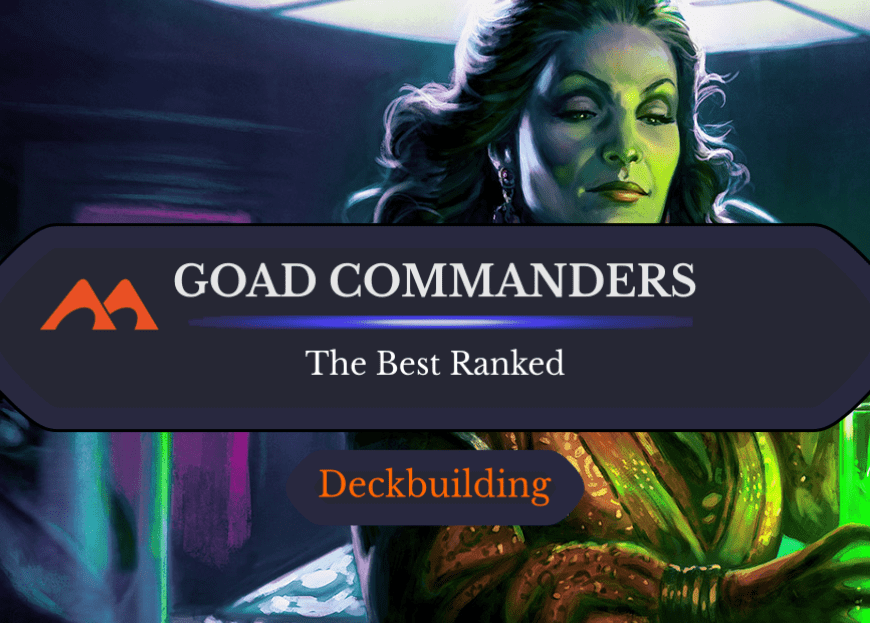
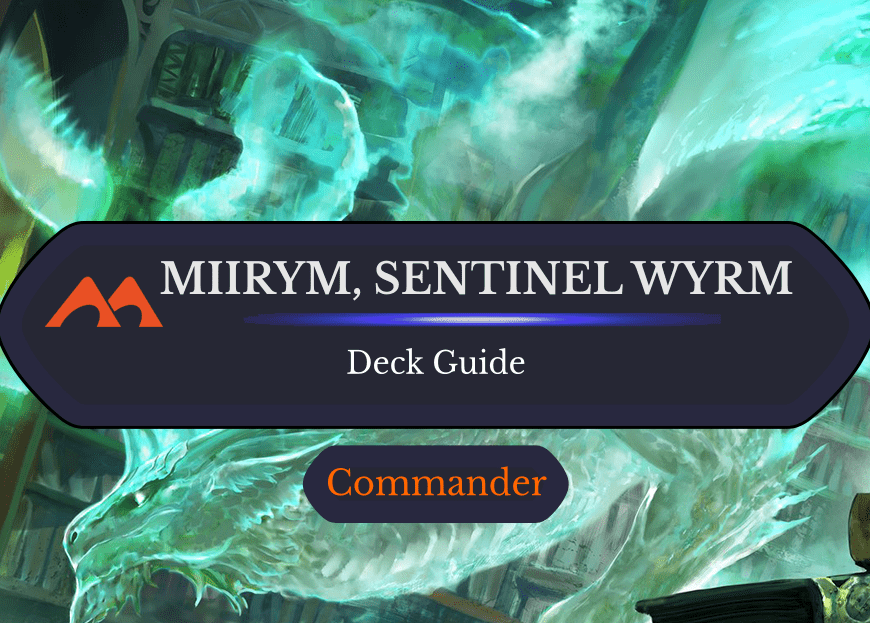
Add Comment